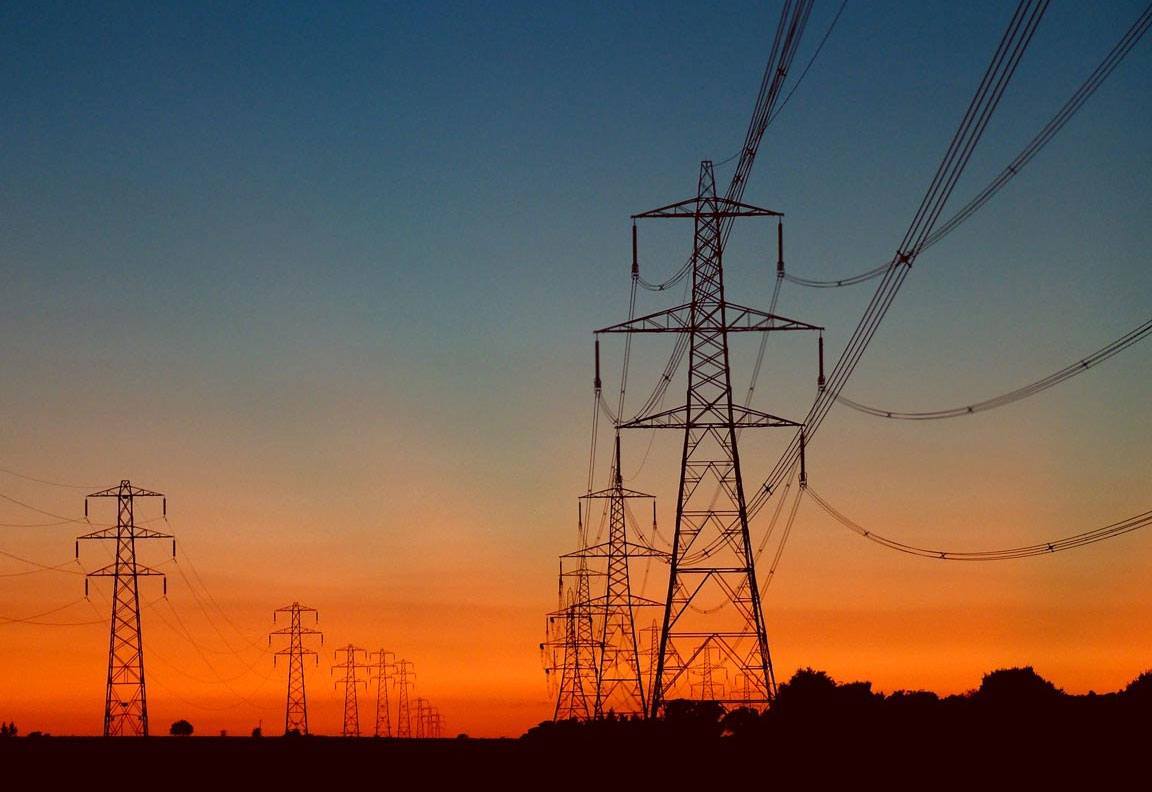
ZIMBABWE should invest more in power generation in order to resuscitate its ailing economy, energy industry experts have said.
BY KUDZAI CHIMHANGWA
The country’s power generation capacity has been compromised since independence in 1980 as there has been no new investment in power generation.
The power network has almost collapsed and has over the years been saved by occasional rehabilitation works while all sectors of the economy have had to endure the debilitating costs associated with load shedding.
The country’s thermal power stations are more than 40 years old.
Namibian-based Johan Rens of the Institute of Electrical and Electronics Engineers said government has to intervene in the regulation of power quality, more so in the absence of a competitive market.
“Economies are driven by electricity. It is a strategic commodity needed for a developing country to move to a developed country status, hence providing a real reason to manage quality of supply,” he said.
Rens said the life-expectancy, maintenance requirements and breakdown behaviour of power generation equipment was adversely affected by the power quality it has to contend with.
- Chamisa under fire over US$120K donation
- Mavhunga puts DeMbare into Chibuku quarterfinals
- Pension funds bet on Cabora Bassa oilfields
- Councils defy govt fire tender directive
Keep Reading
Hwange Power Station is presently the largest thermal station in the country generating 436 MW while Kariba hydro station generates 750 MW.
Rens suggested that government consider renting out power supply sources to independent power producers (IPPs) as they were in the business of buying and selling electricity, as was the case in Namibia.
“Every licence [granted to IPPs] must have power quality management systems. Power quality is a key performance parameter of a power system,” he said.
Analysts argue that Zimbabwe’s power problems can be alleviated by adjusting tariffs upwards in order to make power generation projects bankable to attract investment.
Zimbabwe’s tariffs are currently pegged at US$0,0883 per kWh while the regional tariffs are pegged at an average of US$0,14 per kWh.
Zimbabwe Energy Regulatory Authority chief executive Gloria Magombo said power quality was quite critical for industry because this has a direct impact on the lifespan of equipment.
She said the critical issue was that the supplier of the power provides a minimum standard of power which is possible on the network.
Magombo said there was a minimum standard to power which could be supplied at the network quality level because without that then Zimbabwe would have an unstable system resulting in the country losing some of its units as has often happened in the past.
“Equipment should be installed onto the network to ensure that we maintain a certain level of voltage. In order to retain that quality of power and voltage over a period of time there is a certain level of investment on the network which needs to be done,” she said.
The country’s daily peak demand is about 2200MW against 1300MW generation capacity.











